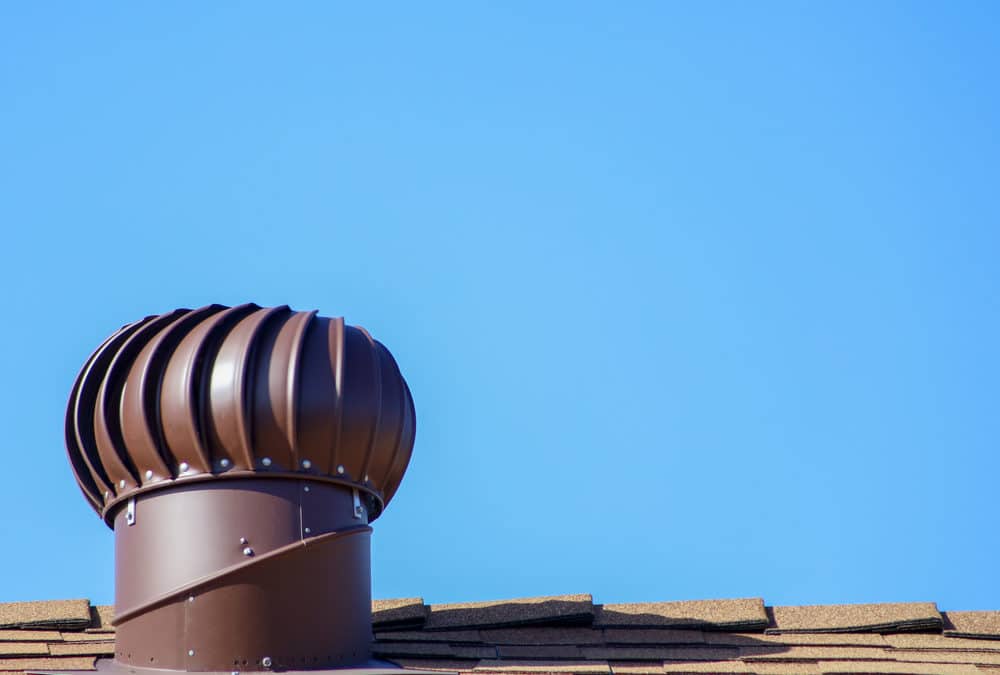Atlanta’s iconic skyline is a testament to the city’s continuous evolution. Skyscrapers and elegant urban sprawls coalesce with homes that speak to a more understated charm. The common thread that weaves through these varied architectural narratives is the roof that shelters and defines our Atlanta abodes. If you’re considering any project that involves the crown of your home — whether it’s a minor repair or a major replacement — understanding Atlanta’s roofing regulations and obtaining the right permits are crucial steps in ensuring the safety, legality, and long-term success of your project.
Here’s a detailed look at what likely lies ahead in your quest to keep Atlanta’s skies and your family dry under the same overhang.
Why Know Atlanta’s Roofing Regulations?
Safety and Structural Integrity
Roofs aren’t just about curb appeal. They play a critical role in safeguarding your home against the elements, and a failure to adhere to safety standards can result in severe structural damage, injury, or even death. Familiarizing yourself with Atlanta’s roofing regulations is the first line of defense in maintaining this crucial balance of safety and function.
Legal Compliance
Ignorance of the law is no excuse, especially when it comes to the structural components of your home. Failure to comply with pertinent regulations could lead to fines and the thwarting of your homeowner’s insurance in case of an incident. Skirting legal requirements is not just a gamble; it’s an unwise proposition with long-term consequences.
Understanding Atlanta’s Roofing Regulations
The Atlanta Municipal Code
Atlanta’s roofing regulations are primarily outlined in the city’s Municipal Code, specifically in Chapter 24, Buildings and Building Regulations. The code outlines various requirements for new roof construction, repairs, and maintenance activities, ranging from materials and installation techniques to ethical conduct and homeowner rights.
Local Amendments
Additionally, the Atlanta municipality may have its amendments to the state code, tailored to address specific concerns and conditions within the city limits. These amendments can range from ordinances pertaining to energy efficiency in roofing materials to dictates regarding historic preservation that affect roofing styles and materials.
When Do You Need a Roofing Permit?
New Roof Installation
If you’re installing a completely new roof, it’s almost certain that you’ll need a permit. This is true for both residential and commercial structures. When in doubt, it’s best to err on the side of caution and secure a permit before work begins.
Major and Structural Repairs
Repairs that impact the structure of your roof, such as replacing a significant portion of the roof deck or the support beams, generally require a permit. Minor repairs like shingle replacement or patching small leaks usually do not.
Material Changes
Switching roofing materials often necessitates a permit, particularly if the new material differs significantly in weight or fire resistance.
The Permitting Process
Application
The permitting process begins with an application, which typically includes a description of the work to be done, the materials to be used, plans or drawings if required, and an estimated value of the project.
Review and Approval
Your application will be reviewed to ensure that it complies with all applicable regulations. This review process varies in length depending on the complexity and the prevailing workload.
Inspection and Compliance
After your permit is approved and issued, the city will schedule inspections at various stages of your project to ensure that the work is being carried out properly and in accordance with the approved plans.
Roofing Contractors and Permits
Contractor Responsibility
In many cases, it will be the responsibility of your roofing contractor to secure the necessary permits for your project. However, this should be clearly outlined in your contract before work begins, and you should verify that all permits are obtained before signing off on the project.
DIY Projects
If you’re undertaking a roofing project on your own, the onus is on you to secure the permits. This can be a time-consuming process, but it’s an essential step to keep your project legal and safe.
The Cost of Compliance
Complying with Atlanta’s roofing regulations often involves more than just time and paperwork—it can also be a significant financial investment. Permit fees can vary widely depending on the scale of the project and other factors, and they will generally be an additional cost you need to factor into your budget.
However, the cost of permits is a small price to pay when you consider the potential fines and hazards associated with unpermitted work. It’s an investment in peace of mind and the long-term welfare of your home.
Final Considerations
Working with the City
Navigating Atlanta’s roofing regulations can be a challenging process, but remember that city officials and inspectors are there to help guide you through it. Approach the process with respect and a willingness to learn, and you’ll find that the city’s resources can be invaluable in ensuring the success of your project.
Contact Christian Brothers Roofing Today
At Christian Brother’s Roofing, we not only offer high-quality roofing services, but we also prioritize compliance with all applicable regulations. Our team is well-versed in navigating the permitting process and ensuring that your project meets all necessary requirements.
Contact us today to learn more about how we can help you ensure compliance with Atlanta’s roofing regulations and protect your investment in your home. So if you’re considering a roofing project in Atlanta, don’t hesitate to reach out to us for expert guidance and quality workmanship.

